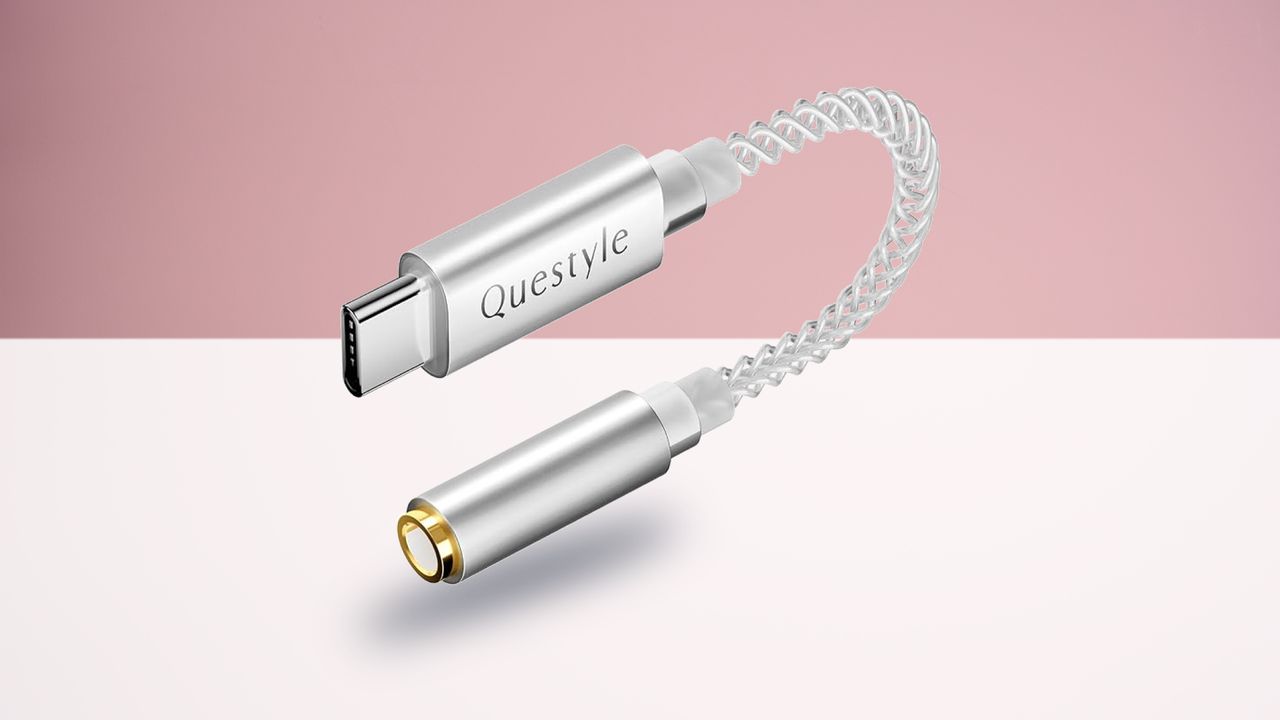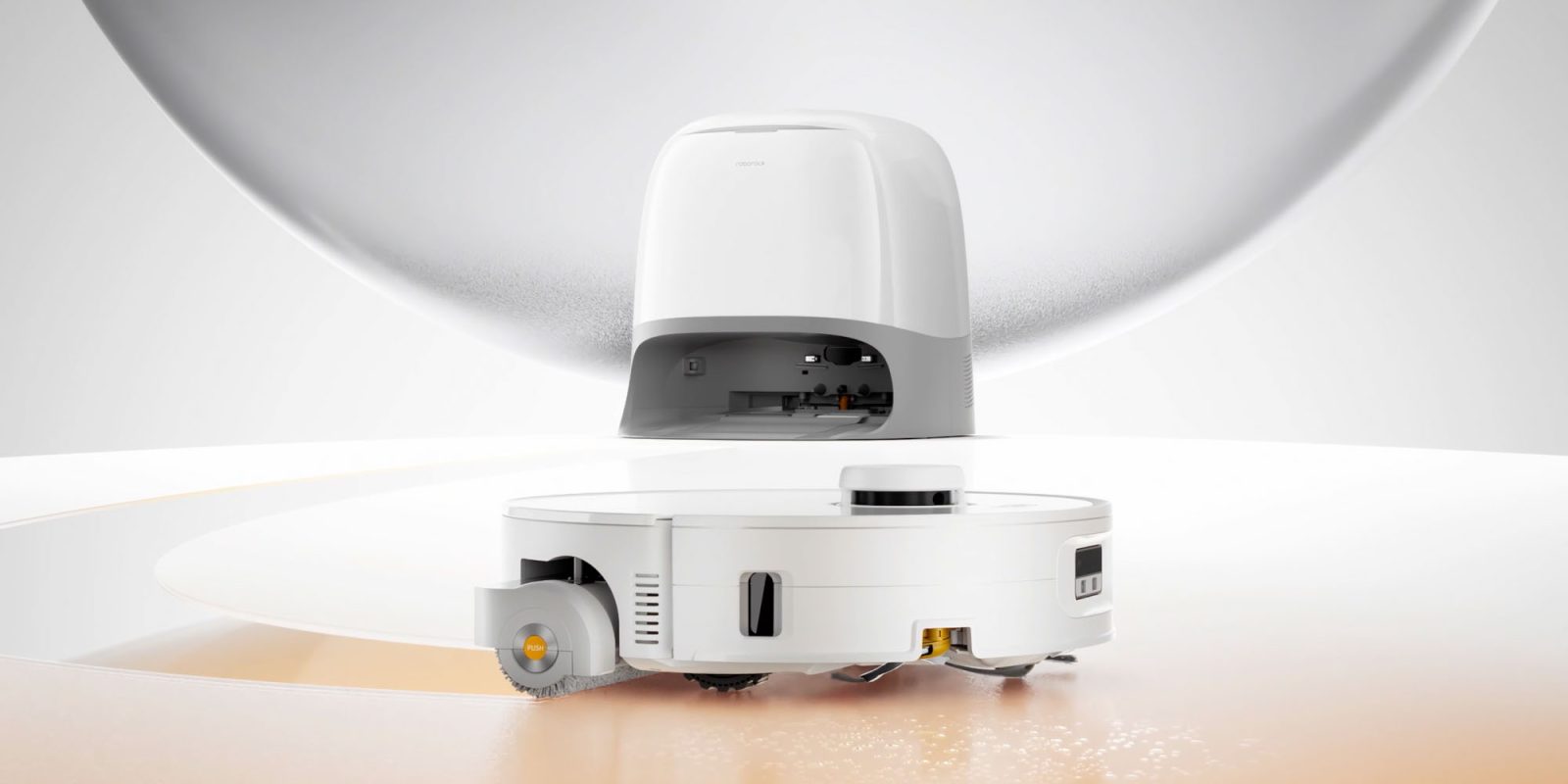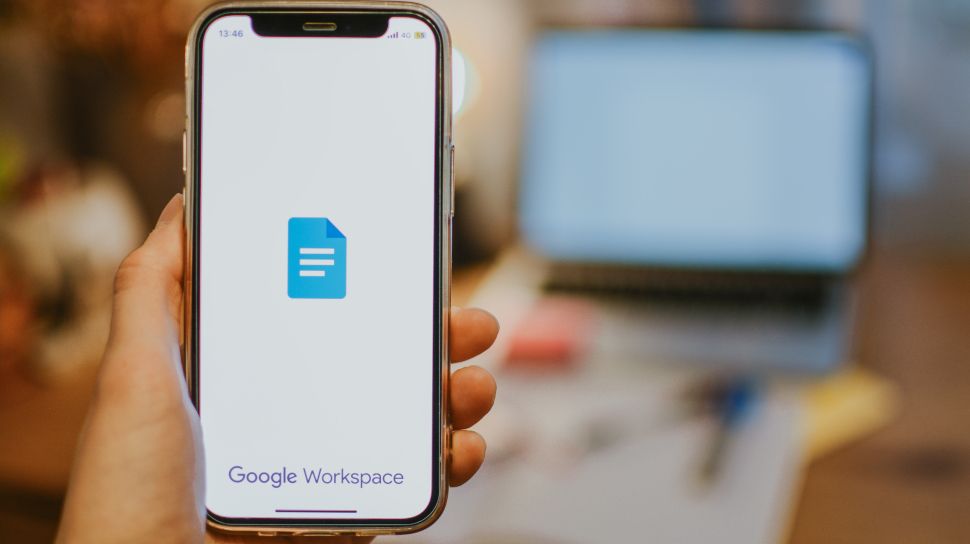
The one thing I cannot stand, in any form, is discrimination. I honestly believe that everyone is equal. Period. What I see happening in today’s world is heart breaking, in my opinion. And unfortunately, I can’t see it improving any time soon. I say that last part with hope that it will, but also from a realistic perspective that it likely won’t. Part of the reason for discrimination is the system. More specifically, a broken system. I could name many groups that are discriminated throughout North America, and different ways in which the systems are failing. But today, my focus is on racial profiling. “They” say it doesn’t exist. That people are targeted because they’re suspected of having committed crimes, but the data says otherwise.
Stanford University is taking a look at racial biases in law enforcement in order to determine if they exist, and which races are biased more often. The Open Policing Project website states: “On a typical day in the United States, police officers make more than 50,000 traffic stops. Our team is gathering, analyzing, and releasing records from millions of traffic stops by law enforcement agencies across the country. Our goal is to help researchers, journalists, and policymakers investigate and improve interactions between police and the public.”
What is interesting to me is not necessarily that they are trying to help researchers, but rather policymakers and journalists. Journalists! I could be reading this wrong, but my first thought was that the data would be used to expose the biases, because why else would you alert journalists? Yes, there are such things as good news stories, but not in this case. I understand why they want to direct their research at policymakers. After all, that is who you need to influence in order to make change. But why not also use this data as a way to shed light on the biases? Why not use this data to educate the public in order to bring about meaningful change?
As someone who works in government, myself, I know how the system works. I know what it takes to make change. Especially when it is based in ignorance and bias. Which brings me to the data itself. If you watched the video that is in this post, you will see that they don’t give you a hard number. What they say, however, is that Black and Hispanic drivers are “ticketed, searched and arrested” at a higher rate than white drivers. Why exactly? That information is buried in the data. Which may or may not be warranted in some cases. The video also mentions that the instances where law enforcement actually finds contraband is higher among white drivers. Which means, the threshold to search the car of a Hispanic or Black driver is lower.
Don’t get me wrong, I think that this type of project is fantastic. I think it’s the only way to demonstrate what the numbers actually are. That being said, one of the researchers indicates that these numbers don’t suggest discrimination. What does then? Discrimination is judging one person in a different way than another person, due to some kind of “difference”. Which is exactly what the data is showing. A white person may get pulled over just as often as a Black or Hispanic person, but law enforcement is searching the vehicles of Black and Hispanic drivers more often, and then arresting them. And why are they being stopped in the first place? Some kind of traffic incident. Traffic!

Why are people getting stopped for things like, failing to turn on an indicator signal? That doesn’t make someone a bad person. Let a lone a criminal. Why is law enforcement even fixated on this type of instance? It’s sad to think that this is their assessment of people. If you drive your car too fast, that means you have something in your vehicle that you shouldn’t, or you’re some kind of criminal. That’s a pretty big leap, in my opinion.
I hope that the data Stanford is collecting sheds some light on the severe injustices that are taking place in the United States. I’m specifically talking about how people are being killed by law enforcement during a traffic stop. Lives could be saved through this data. My hope for this type of data is to get into the hands of journalists. When I made note of this earlier in the post, it wasn’t in a negative way. It was an interesting target for the information. I think journalists should read and share that information with their communities and readers. I think everyone should know and understand that Black and Hispanic drivers are being unfairly targeted during traffic stops.
Treating people differently because of the colour of their skin is wrong. I don’t care what you’ve been told or how you were raised. It’s wrong, and it needs to be stopped. I purposely didn’t focus this post around the legal side of things because I don’t think that’s relevant. Law enforcement will tell you otherwise. I believe in the concept of justice. But I also believe that justice can’t occur in a system that is so broken. Lady justice wears a blindfold in order to demonstrate to the world that she doesn’t see colour. And maybe in some parts of the world, she doesn’t. But in the United States she’s not wearing her blindfold, and she categorically discriminates against her own people.



